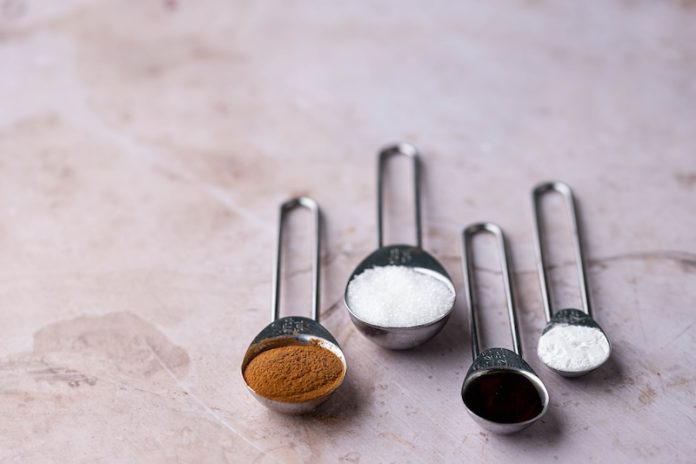
People at risk of developing type 2 diabetes are often advised to limit sugar intake, but new research suggests that reducing salt consumption may also be beneficial.
A study conducted by Tulane University and published in Mayo Clinic Proceedings has revealed a connection between frequent salt addition to foods and an elevated risk of developing type 2 diabetes.
The study involved surveying more than 400,000 adults registered in the UK Biobank to gather information about their salt consumption habits. Participants were asked about their frequency of adding salt to their food.
Over an average follow-up period of 11.8 years, more than 13,000 cases of type 2 diabetes were reported among the participants.
The study aimed to investigate the relationship between salt intake and the risk of developing type 2 diabetes.
Key Findings
The study’s findings indicate a clear association between salt consumption and the risk of type 2 diabetes.
Participants who reported “sometimes,” “usually,” or “always” adding salt to their food had a respective 13%, 20%, and 39% higher risk of developing type 2 diabetes compared to those who “never” or “rarely” used salt.
Lead author Dr. Lu Qi, a distinguished chair and professor at the Tulane University School of Public Health and Tropical Medicine, noted that while the benefits of limiting salt intake in reducing the risk of cardiovascular diseases and hypertension were already known, this study adds a new dimension by revealing a potential link between salt consumption and type 2 diabetes risk.
Further research is needed to understand the mechanisms behind this association. However, Dr. Qi theorizes that salt may encourage larger food portions, increasing the likelihood of risk factors such as obesity and inflammation.
The study also found that frequent salt consumption was associated with higher body mass index (BMI) and waist-to-hip ratio.
Future Research
Dr. Qi emphasized the importance of conducting clinical trials to control salt intake and observe its effects on type 2 diabetes risk.
These trials could provide more concrete evidence of the relationship between salt consumption and diabetes.
In the meantime, he encourages individuals to start exploring low-sodium ways to season their favorite foods, emphasizing that making this change is relatively simple and could have a significant impact on their health.
“It’s not a difficult change to make, but it could have a tremendous impact on your health,” Dr. Qi stated.
If you care about diabetes, please read studies about Vitamin D and type 2 diabetes, and what you need to know about avocado and type 2 diabetes.
For more information about diabetes, please see recent studies about how to eat to prevent type 2 diabetes, and 5 vitamins that may prevent complication in diabetes.
The research findings can be found in Mayo Clinic Proceedings.
Follow us on Twitter for more articles about this topic.
Copyright © 2023 Knowridge Science Report. All rights reserved.



